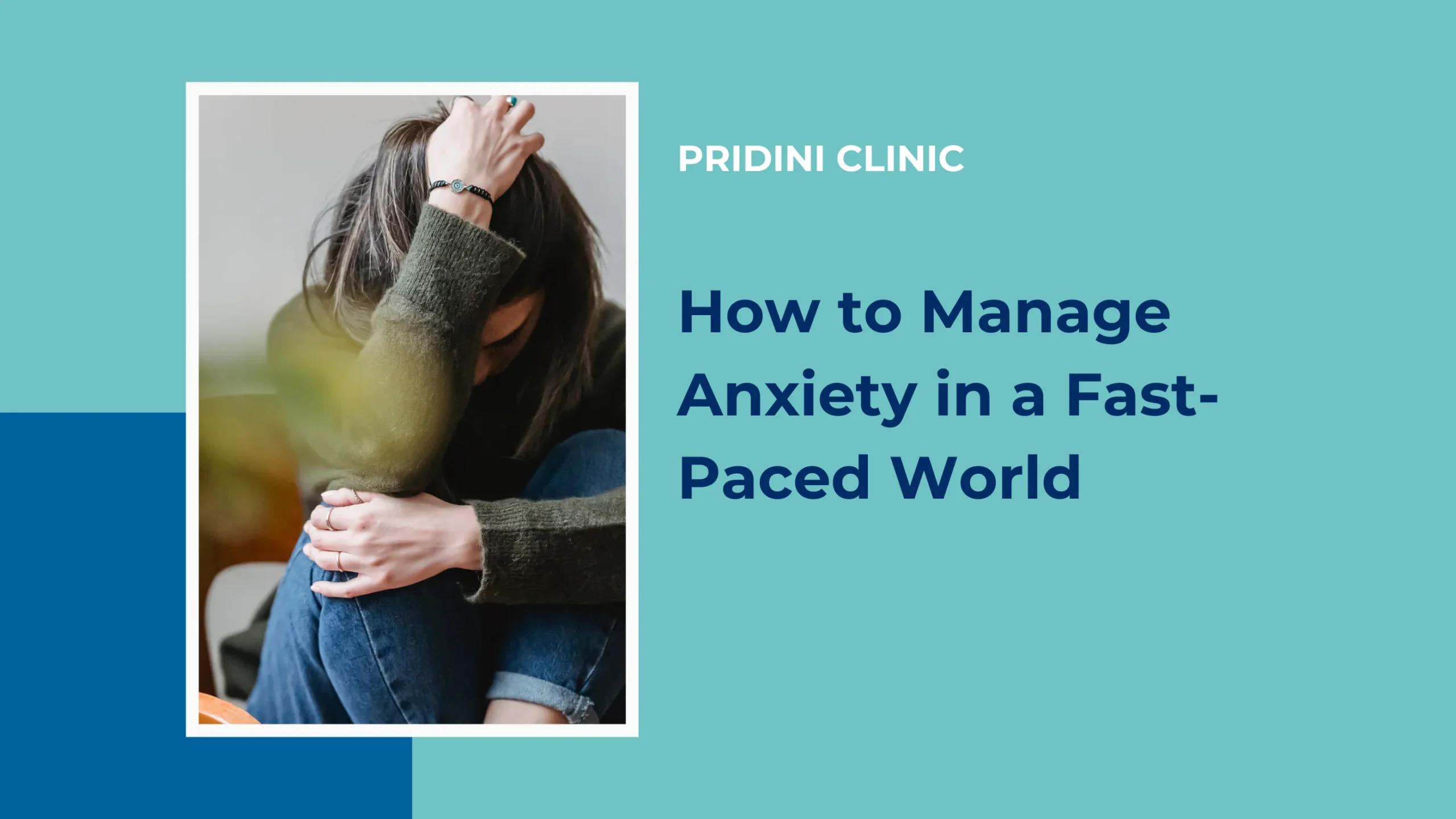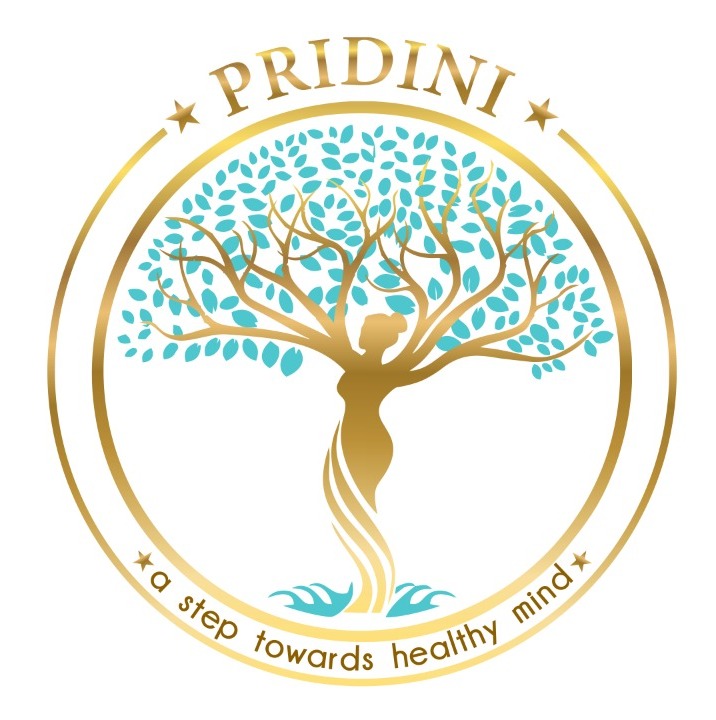
In our rapidly changing world, anxiety has emerged as a more frequent concern for many people. The pressures of modern life, with its constant demands and rapid changes, can overwhelm many of us. At Pridini Clinic, we understand the challenges that come with managing anxiety in such a dynamic environment. This blog will explore how to understand anxiety in modern life, identify common triggers, and offer effective techniques for managing stress. We’ll also discuss the importance of therapy and medication and the significance of building a strong support network.
Understanding Anxiety in Modern Life
Anxiety is a normal stress reaction, often marked by sensations of worry, nervousness, or unease. While occasional anxiety is a natural part of life, persistent anxiety can interfere with daily activities and overall well-being. The constant bombardment of information, the pressure to succeed, and the need to balance multiple responsibilities can significantly contribute to anxiety in our fast-paced world.
Modern life often demands that we juggle work, family, social obligations, and personal goals simultaneously. The relentless pace can leave little room for relaxation and self-care, making it difficult to manage stress effectively. Understanding anxiety in this context is the first step toward managing it effectively.
Common Triggers of Anxiety
Anxiety triggers can vary widely from person to person, but certain factors are commonly associated with heightened anxiety in today’s world. These triggers include:
● Work-related stress: High job demands, tight deadlines, and the pressure to perform can lead to chronic stress and anxiety.
● Financial concerns: Worrying about finances, debt, or job security is a significant source of anxiety for many people.
● Social pressures: The fear of judgment or failure, especially in a world where social media often portrays an unrealistic standard of success, can contribute to anxiety.
● Health concerns: Worrying about personal health or the health of loved ones can trigger anxiety, particularly in the context of global health crises.
● Life transitions: Major life changes, such as moving, starting a new job, or going through a breakup, can lead to increased anxiety.
Recognizing these triggers is crucial for managing anxiety effectively. By understanding what sets off your anxiety, you can take steps to address these triggers proactively.
Effective Techniques for Managing Anxiety
Managing anxiety requires a combination of strategies tailored to your specific needs. Here are some effective techniques:
● Mindfulness and meditation: Practicing mindfulness helps you stay present and reduces the tendency to dwell on past worries or future fears. Meditation can also help calm the mind and reduce anxiety.
● Engaging in regular physical activity is a highly effective way to alleviate stress. Regular exercise helps to release endorphins, the body’s natural mood lifters, which can significantly reduce anxiety.
● Healthy lifestyle choices: Maintaining a balanced diet, getting enough sleep, and avoiding excessive caffeine and alcohol can help manage anxiety.
● Breathing exercises: Simple deep breathing exercises can quickly reduce feelings of anxiety and help you regain control in stressful situations.
● Time management: Prioritizing tasks, setting realistic goals, and learning to say no can reduce feeling overwhelmed.
These techniques can be incredibly effective in managing daily anxiety and improving overall mental health.
The Importance of Therapy and Medication in Addressing Anxiety
While self-help techniques are essential, they may not always be enough to manage anxiety effectively. Therapy and medication can play a crucial role in treating anxiety, particularly for those with more severe symptoms.
● Therapy: Cognitive Behavioral Therapy (CBT) stands out as one of the most effective approaches for treating anxiety. It enables individuals to recognize and alter negative thought patterns that fuel anxiety. Other forms of therapy, such as Rational Emotive Behavior Therapy (REBT) and mindfulness-based therapies, can also be beneficial.
● Medication: For some individuals, medication may be necessary to manage anxiety symptoms. Antidepressants, anti-anxiety drugs, and beta-blockers are commonly prescribed to help regulate anxiety and improve quality of life.
At Pridini Clinic, our mental health professionals work closely with patients to develop personalized treatment plans that may include therapy, medication, or a combination of both.
Building a Support System for Anxiety Management
Building a strong support network is crucial for effectively managing anxiety. Friends, family, and support groups can provide emotional support, practical help, and a sense of community. Talking openly about your anxiety with trusted individuals can alleviate feelings of isolation and provide relief.
Building a support system involves reaching out to those who understand and care about you. Support groups, either in-person or online, can also offer valuable insights and coping strategies from others who are going through similar experiences.
In conclusion, managing anxiety in a fast-paced world requires a multifaceted approach that includes self-care strategies, professional treatment, and a solid support system. At Pridini Clinic, we help you navigate your anxiety and find the peace and balance you deserve.

